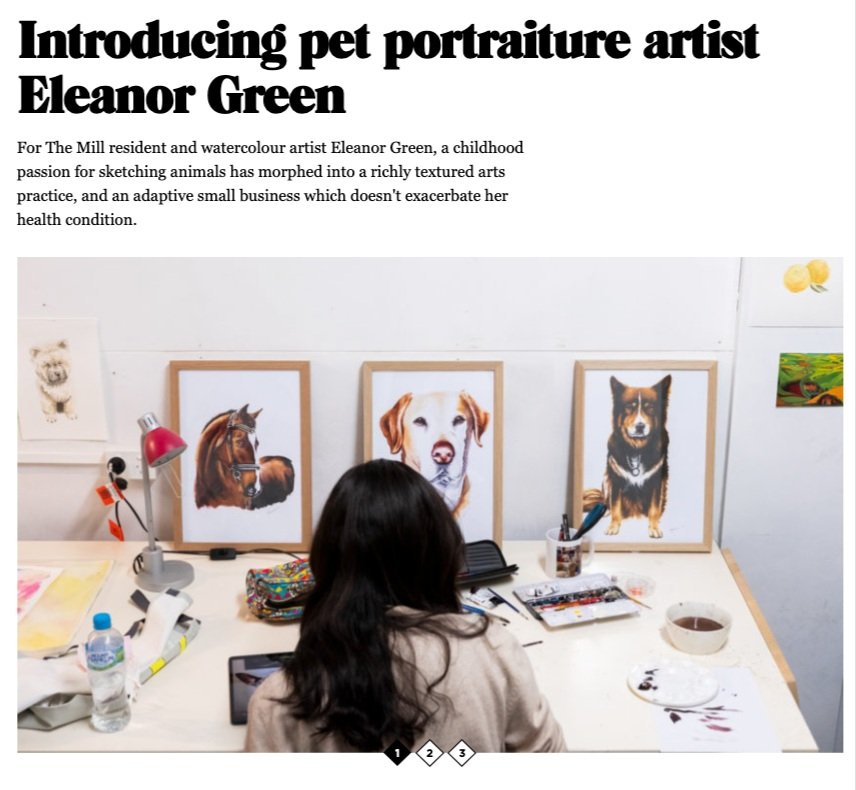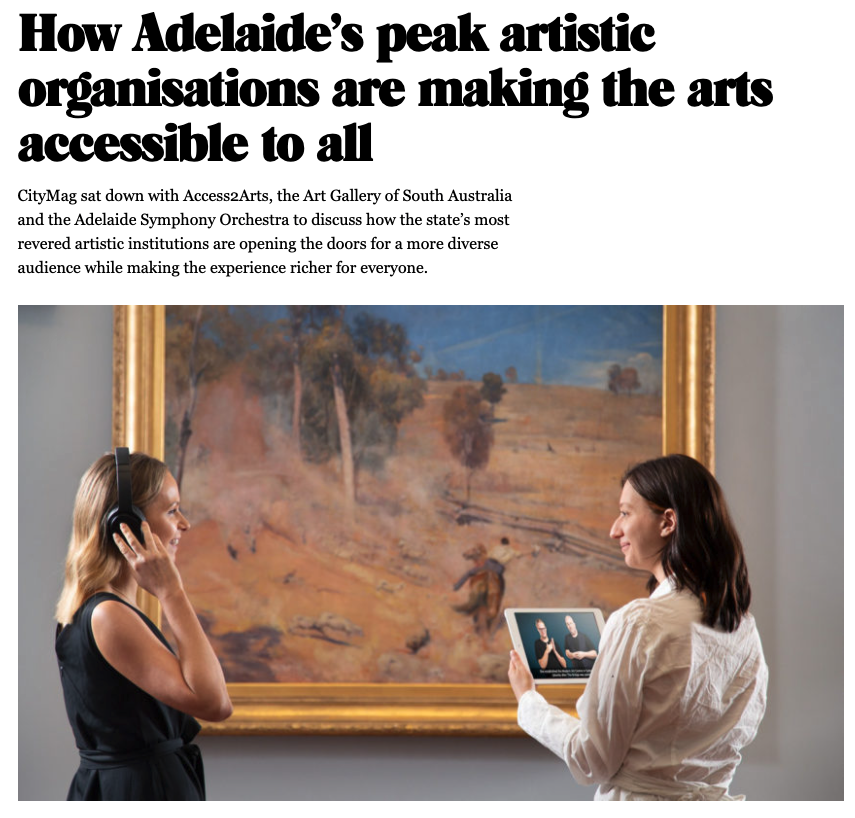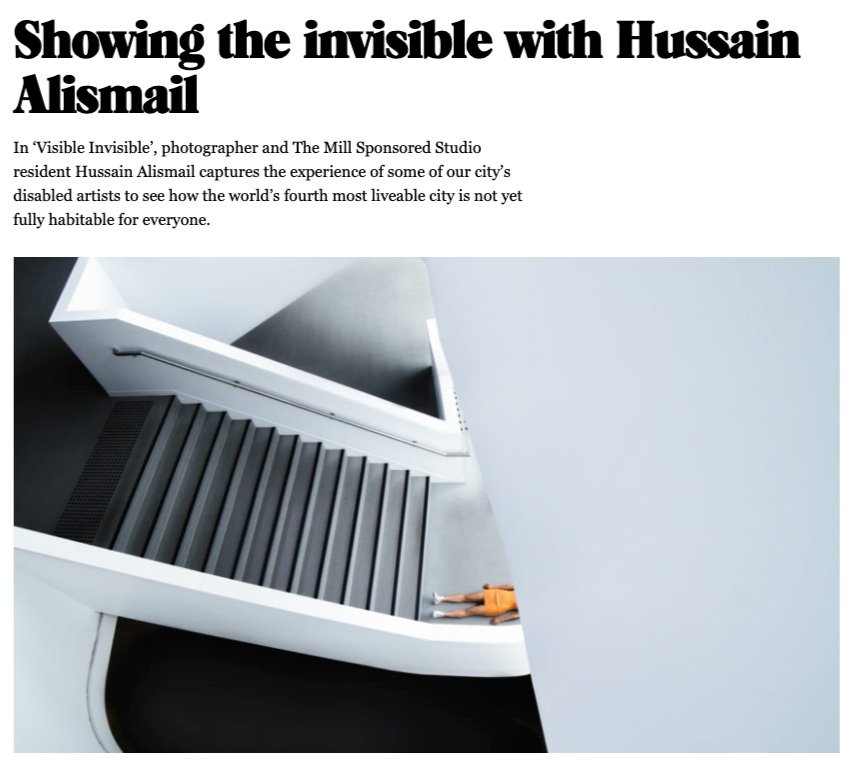Words: Chloe Metcalfe
Working in language-rich fields has always been a drawcard for James Murphy, which has seen him work in law and politics before following his passion for writing.
This journey began with self-publishing reviews on his website before becoming a contributing writer for Scenestr. However, after seven years of writing from home, James decided to take the plunge and seek a creative environment to nourish his writing practice.
“I really liked the idea of having a place to write where I could be surrounded by other creatives; I’d previously only written on my laptop while lying in bed,” he says.
Photo: Dylan Minchenberg
Successfully receiving The Mill’s 2021 Citymag Writer in Residence July-December residency, James was keen to focus on arts journalism. Yet, during the residency he found himself gravitating towards themes outside his comfort zone.
“Arts journalism is my preferred medium, but the residency allowed me to explore disability and accessibility,” James says.
“Three of the pieces that I wrote during the residency featured interviews with multiple subjects, which was something that I never previously had the opportunity to do.
These pieces included Showing the Invisible - which featured The Mill’s 2021 Sponsored Studio recipient Hussain Alismail - and How Adelaide’s peak artistic organisations are making the arts accessible to all - which featured Access2Arts, the Art Gallery of South Australia and the Adelaide Symphony Orchestra.
During his residency James also covered stories on pet portraiture artist Eleanor Green for Citymag, and Biophilia: Call of the Wild and OzAsia’s Somewhere, Everywhere, Nowhere which were published on The Serenade Files.
Having since finished his residency, James has found the experience to be incredibly valuable and encourages anyone that receives a residency to make the most of working in a space flooded with creativity.
“There are publishable stories at every desk, in every workshop or office in The Mill,” he says.
“Allow yourself the flexibility to modify your residency plans when conversations in the kitchen or at an exhibition opening reveal an interesting new possibility.”
While arts journalism and reviewing will remain a constant, the next step in James’ career will undoubtedly move towards disability advocacy and further exploring themes around accessibility.
“I will continue to help tell the stories of people with disability to the Disability Royal Commission at the Disability Rights Advocacy Service,” he says.
“By adding all these pieces to my portfolio of work I’ve been able to successfully pitch my writing to a respected national theatre website. I’ll also be reviewing shows and writing arts features in Mad March for local and national publications.”





